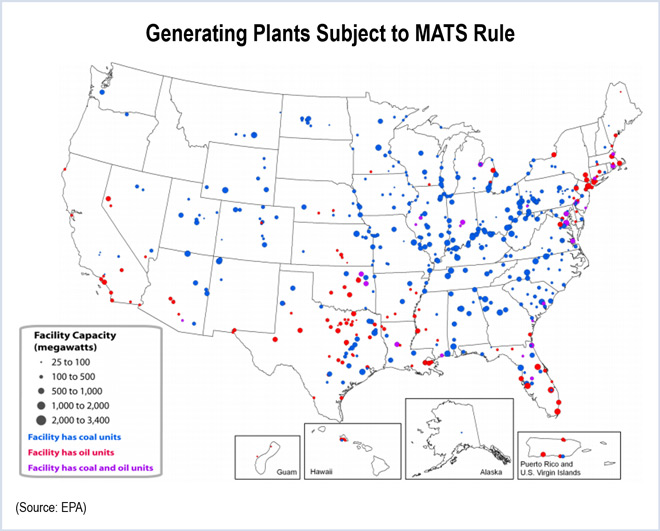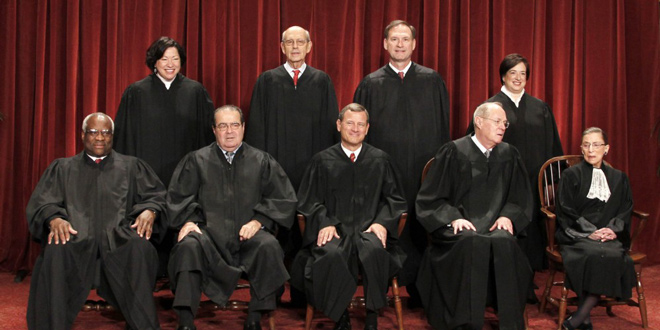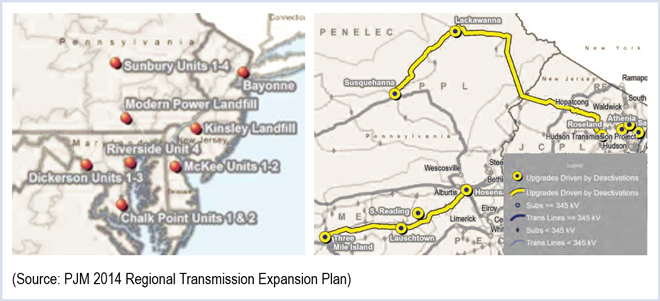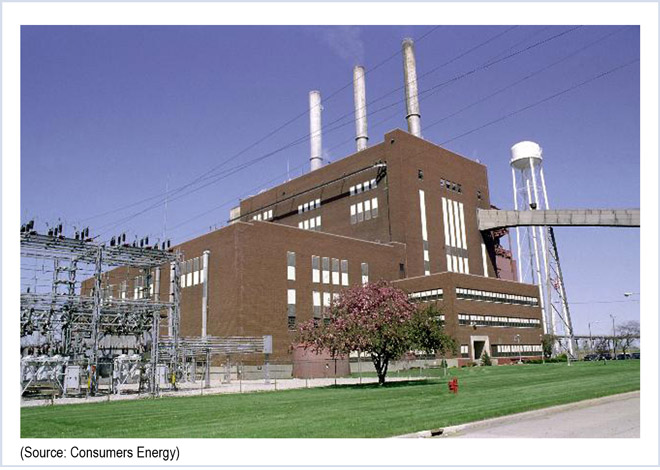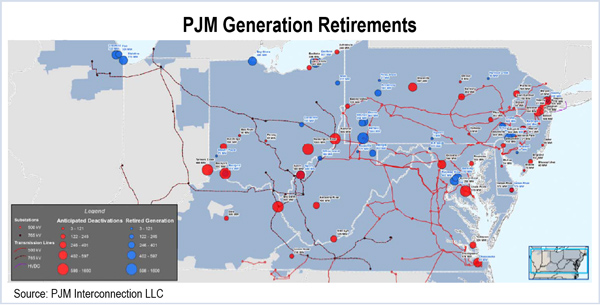Mercury and Air Toxics Standards (MATS)
AEP and FirstEnergy's plans to shut down coal-fired generation under the EPA’s MATS won't change even if the Supreme Court throws out the standards.
The Supreme Court’s ideological divide was on display Wednesday as justices sparred with attorneys over whether the EPA should have considered costs before deciding whether to regulate mercury and other pollutants from power plants.
PJM’s 2014 RTEP report, released last week, provides details of the $1.7 billion in transmission projects approved by PJM’s Board of Managers.
David Cruthirds brings this report from the Gulf Coast Power Association’s Feb. 5 special briefing: “Challenges & Changes in Energy on the Bayou.” Among the topics discussed were Entergy’s growth plans, Year 1 in MISO South and the RTO’s ongoing seams battles.
MISO is proposing to modify its Tariff so that generation owners retiring coal plants to meet EPA's MATS can avoid capacity deficiency penalties.
Boston lamented that PJM took unilateral action on several contentious proposals in 2014 after stakeholders were unable to reach consensus.
MISO and three power suppliers have asked FERC to deny Duke’s request for a waiver from MISO’s must-offer requirement.
PJM wants a one-time waiver to avoid releasing 2,000 MW of capacity for the 2015/16 delivery year, when the RTO fears it may run short of resources due to retirements of coal-fired generation.
PJM officials are seeking to postpone generation retirements — or accelerate planned new generation — to help the RTO ride through potential shortages next winter.
PJM called for a reliability “safety valve” in the EPA's proposed Clean Power Plan to ensure provisions for minimizing reliability impacts on the grid.
Want more? Advanced Search
